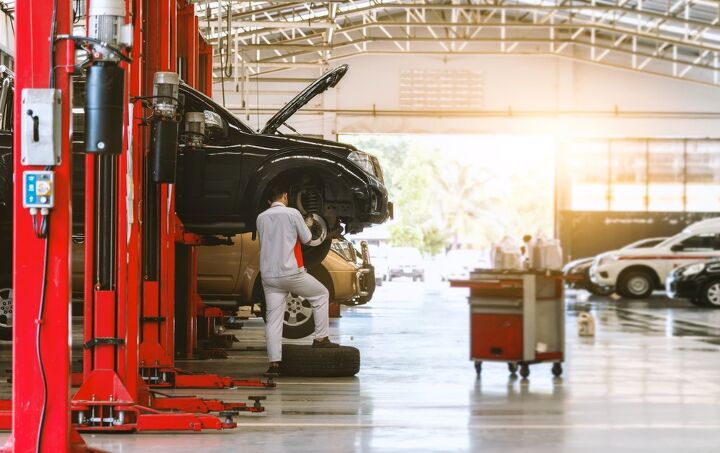Independent Repair Shops Win Over Dealerships in Consumer Survey
A comprehensive survey conducted by Consumer Reports, involving feedback from nearly 11,000 members on over 11,600 auto repairs, reveals a distinct preference for independent auto shops and certain chains over dealership service departments for vehicle repairs.
The Appeal of Independent Shops and Specific Chains
The survey identifies a clear trend: independent auto shops, alongside specific chains like Goodyear Auto Service, achieve the highest levels of customer satisfaction. These facilities stand out for their exemplary service, underscoring their role as the preferred choice for many vehicle owners needing repairs.
Dealerships: Diverse Experiences Across Brands
Experiences with dealership service departments show considerable variation depending on the vehicle brand. Brands such as Acura, Lexus, Mazda, and Volvo receive commendation for their dealership service satisfaction. Conversely, Jeep and Kia, followed closely by Hyundai, find themselves at the lower end of customer satisfaction scores. This variability highlights the brand-dependent nature of service quality in dealership departments.
In response to their lower ratings, Kia acknowledged the challenge of meeting service demands due to a surge in their U.S. owner base, committing to enhancing dealership capacity. Jeep chose not to comment on their rating.
The Unpredictability of Repairs Versus Maintenance
John Ibbotson, the chief mechanic at Consumer Reports’ Auto Test Center, contrasts the planned nature of regular vehicle maintenance with the often unforeseen necessity of repairs. The unpredictable nature of repairs underscores the importance of having a dependable service provider ready to address sudden vehicle issues, ensuring minimal downtime for the owner.
The Consumer Reports survey specifically sheds light on members' experiences with repairs paid out of pocket, excluding maintenance, tire issues, collision repairs, and services covered by warranty or recall. This focus offers insight into consumer preferences and satisfaction when directly responsible for repair costs, highlighting the perceived value and effectiveness of services rendered by different repair facility types.
This analysis underlines the nuanced decision-making process vehicle owners face when selecting a repair service, with a clear inclination towards independent shops and certain chains for their ability to deliver reliable and satisfactory service. Meanwhile, dealership services present a varied picture, with performance strongly tied to specific brands and the nature of required repairs.
This article was co-written using AI and was then heavily edited and optimized by our editorial team.
More by TTAC Staff
Latest Car Reviews
Read moreLatest Product Reviews
Read moreRecent Comments
- FreedMike "“Everything is on the table,” the letter said." How about making stuff that doesn't fall apart and cost twice as much to fix after the fact? Those recalls ain't free.
- The Oracle Apple is responding to consumer feedback and biometric trends.
- MaintenanceCosts Tariffs inevitably hurt the consumers of the nation imposing them. There are policies other than tariffs that can support the development of healthy trade without bottom-feeding... ... if, and only if, the other trading partners are operating in good faith.Tariffs may be the right response, notwithstanding the pain we impose on ourselves with them, if the trading partner is actively trying to exploit or damage us.I suspect we could probably compete without tariffs or with a smaller tariff in this particular market, but it's hard to ignore the Chinese government's complicity in allowing the business sector to steal and exploit our IP.
- EBFlex EVs are dangerous enough but a cheap China made one is far worse. Anything that helps keep them off our roads is a good thing.
- E I get that TTAC has a strong anti EV bias but this article is quite a reach. For GM and Ford to pressure their suppliers to cut costs is business as usual. It would be bigger news if they told suppliers not to worry about costs and to keep raising prices on parts.

































Comments
Join the conversation